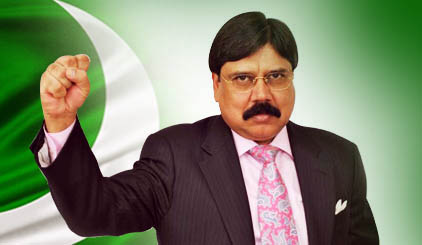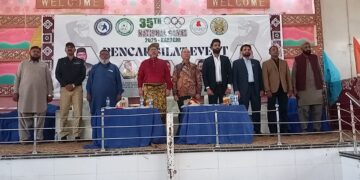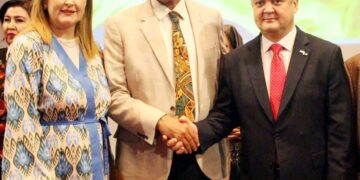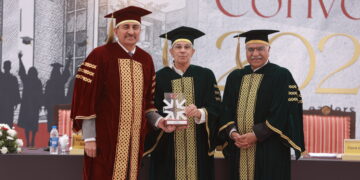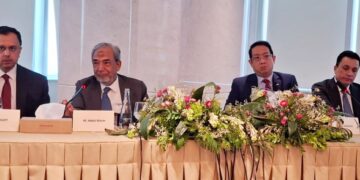By: Dr. Gholam Mujtaba, MS, MD, Ed.D.
USA : The nation’s most vulnerable bear the brunt of deepening poverty as it faces a critical juncture in its fight against economic instability and political dysfunction.
The plight of Pakistan’s poorest continues to worsen, as highlighted by recent challenges such as soaring electricity costs, persistent water shortages in major cities like Karachi, and rationed gas supplies. Despite the dire situation for the masses, government ministers and members of parliament have seen their salaries increase multifold, further widening the gap between the ruling elite and the ordinary citizen.
Pakistan’s youth, disillusioned by a lack of opportunities, are risking their lives to cross borders into Iran and perilous shores of Greece, searching for better futures. Meritocracy has become a distant ideal, with the competent and talented sidelined in favor of nepotism and favoritism. The future of the new generation appears bleak as these systemic failures erode hope and opportunity.
According to the World Bank’s October 2024 report, poverty in Pakistan has increased amid recent economic shocks, undoing years of progress made between 2001 and 2018. These gains, driven by off-farm economic opportunities and external remittances, did not translate into long-term improvements in socio-economic conditions. The report paints a grim picture: over one-third of school-age children remain out of school, nearly two-thirds of enrolled children are learning-deprived, and 40% of children under five suffer from stunting due to malnutrition.
While the economy shows signs of recovery, with a modest GDP growth of 2.5% in FY24, it remains riddled with structural challenges. Fiscal and current account deficits, an unproductive agricultural sector, a heavy state presence in the economy, and an unsustainable energy sector continue to stifle growth. High inflation, estimated at 11.1% in FY25, and stagnant real wages leave little room for poverty alleviation.
While the government has introduced measures such as exchange rate flexibility and fiscal tightening under the IMF Stand-By Arrangement, the broader reforms required for sustainable growth and poverty reduction remain unaddressed. The World Bank warns that continued progress hinges on the steadfast implementation of structural reforms, particularly in the energy sector and fiscal management.
A Reflection on Meritocracy and Leadership
Sadiq Khan’s rise as Mayor of London and his knighthood in the United Kingdom exemplify the rewards of hard work, honesty, talent, and competence in a system that values merit. It is a stark contrast to the situation in Pakistan, where systemic dysfunction hinders talented individuals from achieving their potential. Had Khan been in Pakistan, it is unlikely that his leadership qualities and competence would have been recognized, let alone rewarded.
This disparity underscores why many Pakistani expatriates believe that Pakistan has little room for honesty, merit, or genuine democratic practices. Power often remains concentrated in the hands of those subservient to the establishment, undermining the principles of democracy and fair governance. Electoral outcomes are perceived as manipulated, further eroding public trust.
Such systemic failures are not without consequences. Pakistan’s inability to embrace meritocracy has driven its youth and skilled professionals to seek opportunities abroad, exacerbating the country’s brain drain. Meanwhile, those who remain grapple with poverty, unemployment, and a lack of hope for the future.
About the Author:
Dr. Gholam Mujtaba, MS, MD, Ed.D., is a distinguished academic and policy expert advocating economic and social justice. With decades of experience analyzing Pakistan’s socio-economic landscape, he brings a unique perspective on the challenges faced by the nation’s underserved communities.





